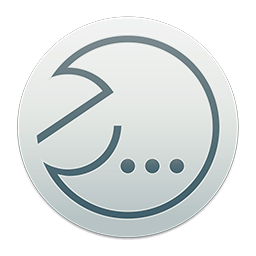

But some of the most prevalent, obvious “facts” about how to live a fit lifestyle are actually myths, spread via misinterpretation or marketing departments until they become part of the vernacular. (I didn’t either, at the time.) So it’s useful to be abel to get this information quickly.Įvery year, the scientific community reveals exciting new information about what is and isn’t good for our health. I recently called Apple about an iPhone 6s that I was selling, that I had erased, and was told that the IMEI was on the back of the device this is no longer the case, and the Apple technician didn’t know that I could have found it this way in iTunes. So for a lost, stolen, or broken device, you’ll still be able to find this information.
#Typeit4me tracking serial number#
You may need the serial number if you’re getting support from Apple, and they may also ask you for the IMEI. If you hover your cursor over a backup, you’ll see some information:Īs you can see above, the information includes the phone number of the device (if it has one), it’s IMEI and MEID (again, if the device has these numbers only devices with cellular access have them), and the serial number. You’ll see the names of your devices, and the dates of the backups.

You can view iOS device backups in iTunes’ Preferences, on the Devices tab. You may not need this information often, but if you do – if your iPhone is lost or stolen, for example – iTunes is a good place to look. If you back up your iOS devices in iTunes – which you should, together with iCloud backups – you can find some useful information about them. Source: William Shakespeare 400th anniversary: 60 everyday words and phrases you never knew came from the Bard | Features | Culture | The Independent If he did, the people seeing the plays wouldn’t have understood them. Shakespeare’s words are wonderful, there are many gems in them, but he didn’t make all this stuff up. My Mac’s dictionary tells me that swagger, for example, has its origin in the early 16th century and that grovel dates back to middle English (way before Shakespeare, around the time of Chaucer). Just look in a dictionary, and you’ll see that some of the words in the list date back before Shakespeare. Even for expressions, there’s no proof that Shakespeare was the one who invented them. He didn’t make up all these words, he is simply the oldest known example of their usage in writing. If you ever doubt the relevance of Shakespeare in 2016, take a look at these 60 well-used sayings that come courtesy of the Bard:Įvery now and then, another publication tells us about words that Shakespeare coined.


 0 kommentar(er)
0 kommentar(er)
